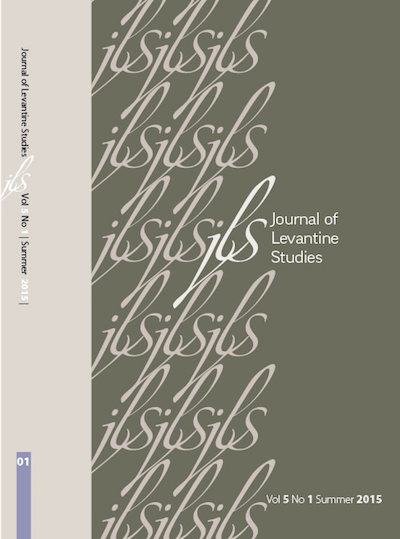-
Add to cartQuick view
Islamic Law as Indigenous Law: The Shari‘a Courts in Israel from a Postcolonial Perspective
Free!The article argues that to better understand the shari‘a court system in Israel, these courts should be examined from a postcolonial perspective. The resemblance between Islamic law, as applied in Israeli shari‘a courts, and “customary” laws, which were applied by “indigenous” courts in diverse colonial settings, is discussed, and the similarities and differences are highlighted. Specifically, the article illustrates that the shari‘a courts in Israel—like other “indigenous” courts working in colonial settings—constitute, at one and the same time, sites of co-optation and of resistance. On the one hand, the shari‘a courts are state courts—governed and controlled by state institutions—and as such they are used by state authorities for the purpose of controlling and subjugating the Muslim minority in Israel; on the other hand, these courts also constitute a sociolegal space where Israeli Muslims may forge their identity and may negotiate their position toward the state. In other words, they constitute an arena of autonomous agency. This argument, which draws on the postcolonial literature, is illustrated in the article with empirical examples from the shari‘a courts in Beersheba and Jerusalem.
Add to cartQuick view -
Add to cartQuick view
The Challenge of Administering Justice to an Islamic Minority living in a Non-Muslim State: the Shari‘a Courts in Israel
Free!Iyad Zahalka
Add to cartQuick view -
Add to cartQuick view
Islamic Legal Hybridity and Patriarchal Liberalism in the Shari’a Courts in Israel
The civil judicial family law system and the shari‘a courts in Israel are a fascinating site for the study of legal hybridity, particularly with regard to cases involving the legal and religious rights of women. Legal hybridity is found both in the shari‘a courts, even when ruling on cases that are under their exclusive jurisdiction, and in the family courts that apply provisions of Islamic and Israeli law. In this article, I examine as a case study of the problem of appointing a woman as arbitrator between quarelling spouses in the shari‘a court arbitration process. This example shows how a shari‘a court operates under pressure from the secular civil judicial system. It is discernible how a system of legal hybridity gives rise to multiple discourses deriving from different normative systems and various players—such as human rights organizations, Islamic feminist movements, secular feminist movements, and the Israel Supreme Court—seeking to navigate the discourse in pursuit of their interests. My central thesis is that this system of legal hybridity is enhancing a patriarchal liberalism that is filled with obstacles and hurdles preventing full equality.
$5.00Free!Add to cartQuick view
- Home
- About JLS
- Issues
- Vol. 9 No. 1 | Summer 2019
- Vol 8 No 2 Winter 2018
- Vol. 8, No. 1: Summer 2018
- Vol. 7, No. 2: Winter 2017
- Vol. 7, 1: Summer 2017
- Vol. 6, Summer/Winter 2016
- Vol. 5, No. 2 Winter 2015
- Vol. 5, No. 1 Summer 2015
- Vol. 4, No. 2 Winter 2014
- Vol. 4, No. 1 Summer 2014
- Vol. 3, No. 2 Winter 2013
- Vol. 3, No. 1 Summer 2013
- Vol. 2, No. 2 Winter 2012
- Vol. 2, No. 1 Summer 2012
- Vol. 1, No. 2 Winter 2011
- Vol. 1, No. 1 Summer 2011
- Blog
- dock-uments
- Subscribe
- Submit
- Contact


